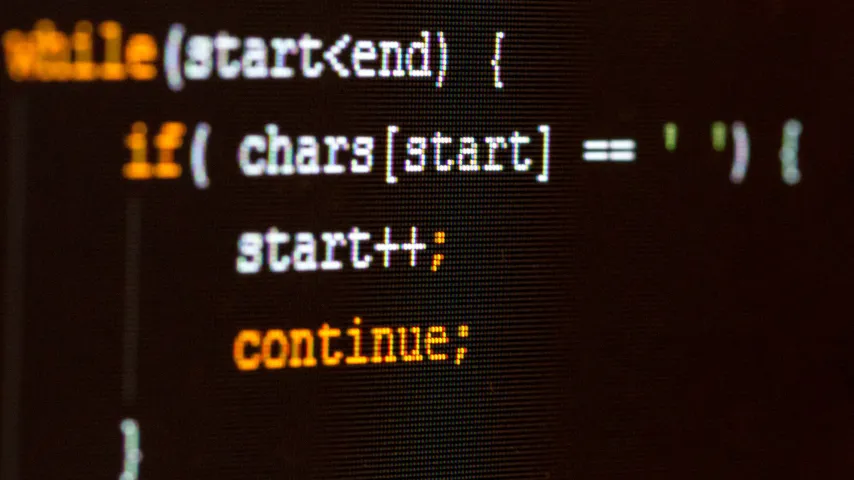Getting Too Technical With Recording
Aug 15, 2011There is a looming problem in the recording world: people are over complicating the recording process and getting too technical. Yes, there are so many intricacies and details to learn and you never feel like you’ve “arrived”, but at the end of the day I personally believe too many of us are focusing on the absolute wrong things when it comes to capturing great sounding tracks.
As Joe Gilder and I are gearing up for the Simply Recording Academy (our first ever 2 day workshop) in late September, I am getting totally amped to sit down in person with a handful of you guys to teach you the simplicity and the art of recording a live band in the home studio. Part of the philosophy of the workshop is to focus on what matters and forget the rest. Let me give you a few examples…

Via Barney Moss Flickr
Converters Are Not Your Problem
If you’ve hung out on an audio forum for 30 seconds, you’ve probably read a thread or post about A to D and D to A converters. Specifically how in order to get “real recordings” you need to spend decent bucks on premium ones. Of course people disagree on which converters are the “right” ones to get (that doesn’t tip anyone off??), but the pitch is the same: ditch the converters in your audio interface and upgrade. As important as a converter is in the process of turning your analog sound into a digital signal to be used in your recording software, you already have one in your interface that does a great job and really it’s not where you need to focus your attention.
Your recordings will improve WAY faster if you spend the time experimenting with mic placement. Sound boring? Well that’s what recording is all about people. Microphones don’t have brains so you need to tell them what to “hear” in order to capture the most clear, punchy, and life-like sound. A great drum recording or vocal recording comes not from high end converters (as converters simply convert what you mic up), but rather from proper mic placement on a quality source.
Sample Rates Are Not Your Problem
The next recording decision people get stuck on is which sample rate to record with. 44.1khz? 48? all the way up to 192?! Even the most basic of audio interfaces these days come with at least two options for sample rates so this problem can plague the most novice of us home studio users. While it is true that higher sample rates capture sound in more detail (think of a video camera with more frames per second), in the end we deliver music in 44.1khz files (wave, MP3, aiff, etc). It always has to be converted back down to the bottom of the barrel.
The simple truth is I think you are wasting your time if you get hung up on which sample rate to use. If you like 48khz, then use it. If you like higher, fine. I personally record at 44.1 and call it a day. To make better recordings you need to move PAST the sample rate decision and focus more on things like microphone choice, good arrangements, the acoustics in your room, etc. Making changes in those areas will gain you results you can actually hear.
Don’t Let Technical Issues Or Gear Be A Crutch
At the end of the day too many home studio owners are throwing up a mic infront of an audio source, hitting record, and ulitmately not getting the results they want. Where do they turn for improvement? Gear. They grab a “better” mic, some “better” converters, maybe even some premium cables! Yikes!
When in reality, recording is way simpler than that. Get the microphone where it needs to be in order to capture the instrument/vocalist where it sounds best. Simple to say, harder to learn, but it’s doable and it’s free. Don’t get so technical my friends that you miss the point.
Discover The 6 Steps for Creating a
Radio-Ready Song from Scratch"
Enter Your Email Below To Receive The Free 17-page PDF,
"6 Steps To A Radio-Ready Song"
We hate SPAM. We will never sell your information, for any reason.

